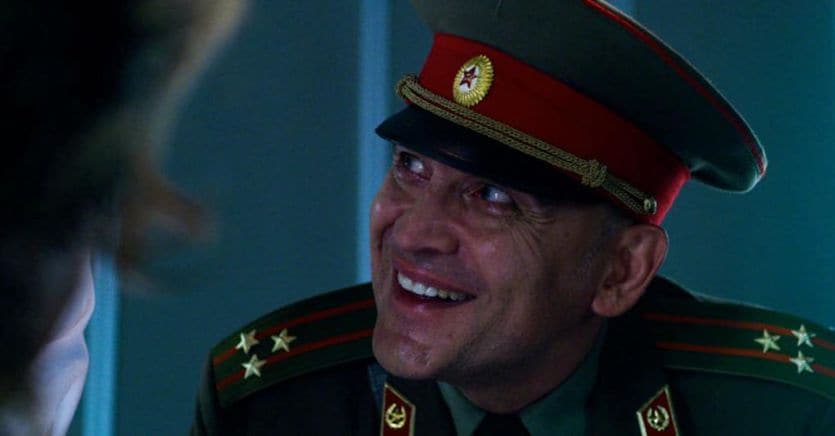Some things are so complex that you can only try to explain them in an extremely simple way. The war in Ukraine, for example, with Russia returning to nineteenth-century power politics, the world which – overnight – turns out to be divided into two, perhaps even three blocks, and Putin who would design an autarchic internet, detached from the world wide web, seems to send 30 years of learned disquisitions on globalization, interconnected society, even “the end of history” into the attic. And instead to understand what was around the corner, rather than reading thoughtful 600-page essays, perhaps it was enough to watch a couple of American TV series.
Between “end of history” and “flat world”
Here no one wants to praise the mainstream at all costs or support the uselessness of the academic approach, but it is a fact that in the last ten years a pop culture has developed that has been able to smell the current winds of war better. of many geopolitical analyzes. Without pretensions, if not to entertain the viewer. You will remember The end of history and the last man (1992), an essay with which the political scientist Francis Fukuyama, in the aftermath of the fall of the Berlin wall, theorized the final victory of democratic liberalism, a single “open” and capitalist world as an overcoming of the East-West ideological opposition that had marked the years of the Cold War. You will remember as well The world is flat. A brief history of the twenty-first century (2005), with which Thomas Friedman illustrated the magnificent and progressive fate of concepts such as outsourcing, relocation, internationalization, because since the internet has existed it’s a whole other world, with China and India that have never been so close to Western democracies .
Before and after the tanks in Ukraine
Thesis of undoubted charm, a bit crumpled by two years of pandemic, of course, but still quite acceptable until the day before yesterday. Then on Ukrainian soil the tanks with the zeta on them arrived and the Western democracies – whose political leaders were used to hosting Putin at gallant dinners – raised an unprecedented wall of sanctions in defense of the Eastern flank. And here we are again with the anxious speeches about the third world war, the nuclear nightmare and Sting singing Russians as if there had never been a Perestroika. If a few years ago you bought Fukuyama and Friedman’s books without reading them, you will hardly want to do it now, with the air that pulls.
“Stranger Things” and a bit of “Tenet”
On the other hand, you could see the eight seasons again Homeland, television spy story about a CIA agent suffering from bipolar disorder. OR Stranger Things, sci-fi series set in the eighties. Or again – if you have a lot of patience – you could throw yourself up Tenet, Christopher Nolan’s latest film. Works conceived in the last decade, very different from each other yet with a common denominator: the Russians are back to being “bad guys”, those always ready to push the “end of the world” button. You looked at them and thought: no, come on, this is Iron Curtain stuff. Today it could never happen, today it is different: where goods pass, armies will certainly not pass. Today it is different, but also not.
